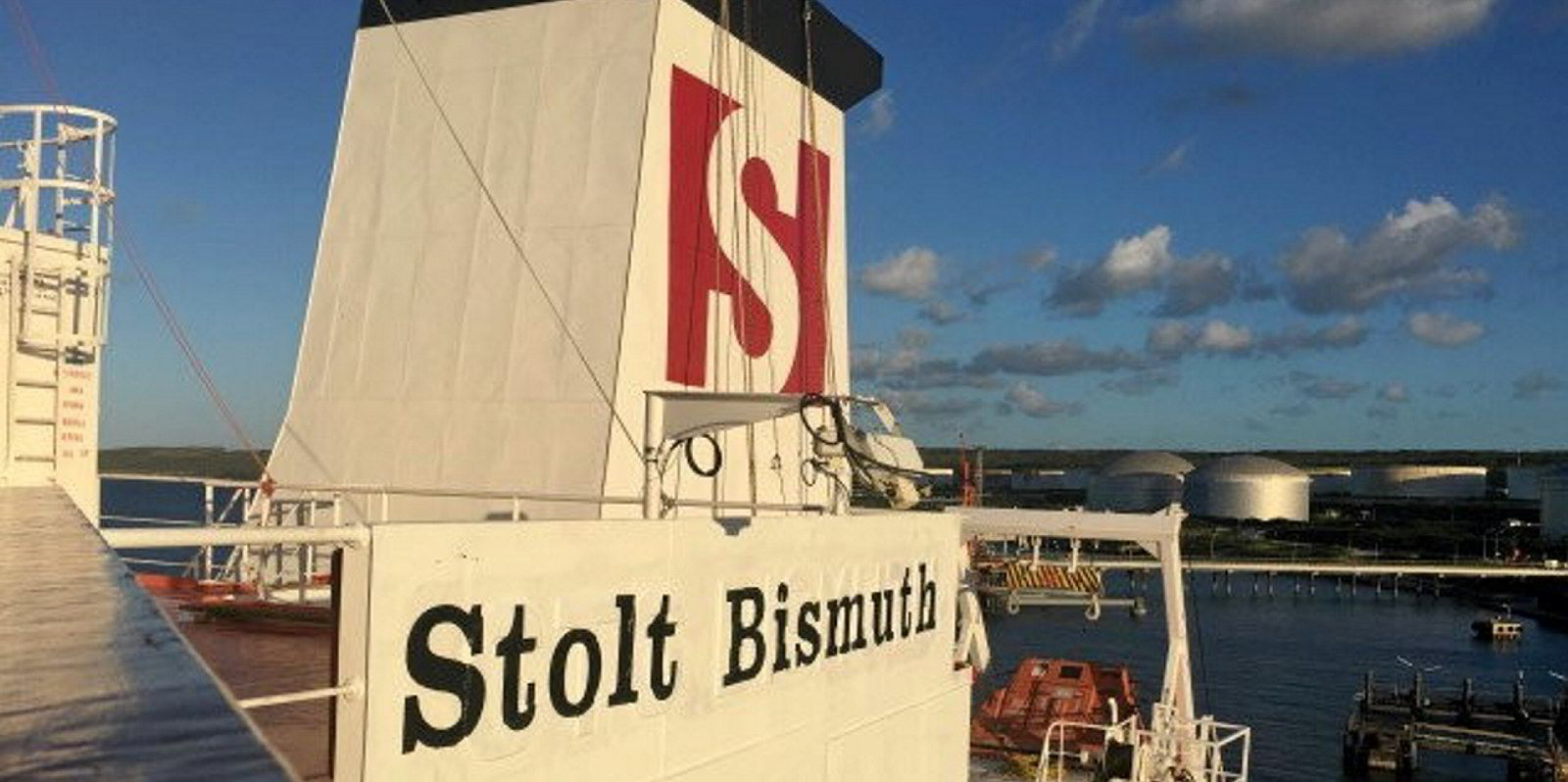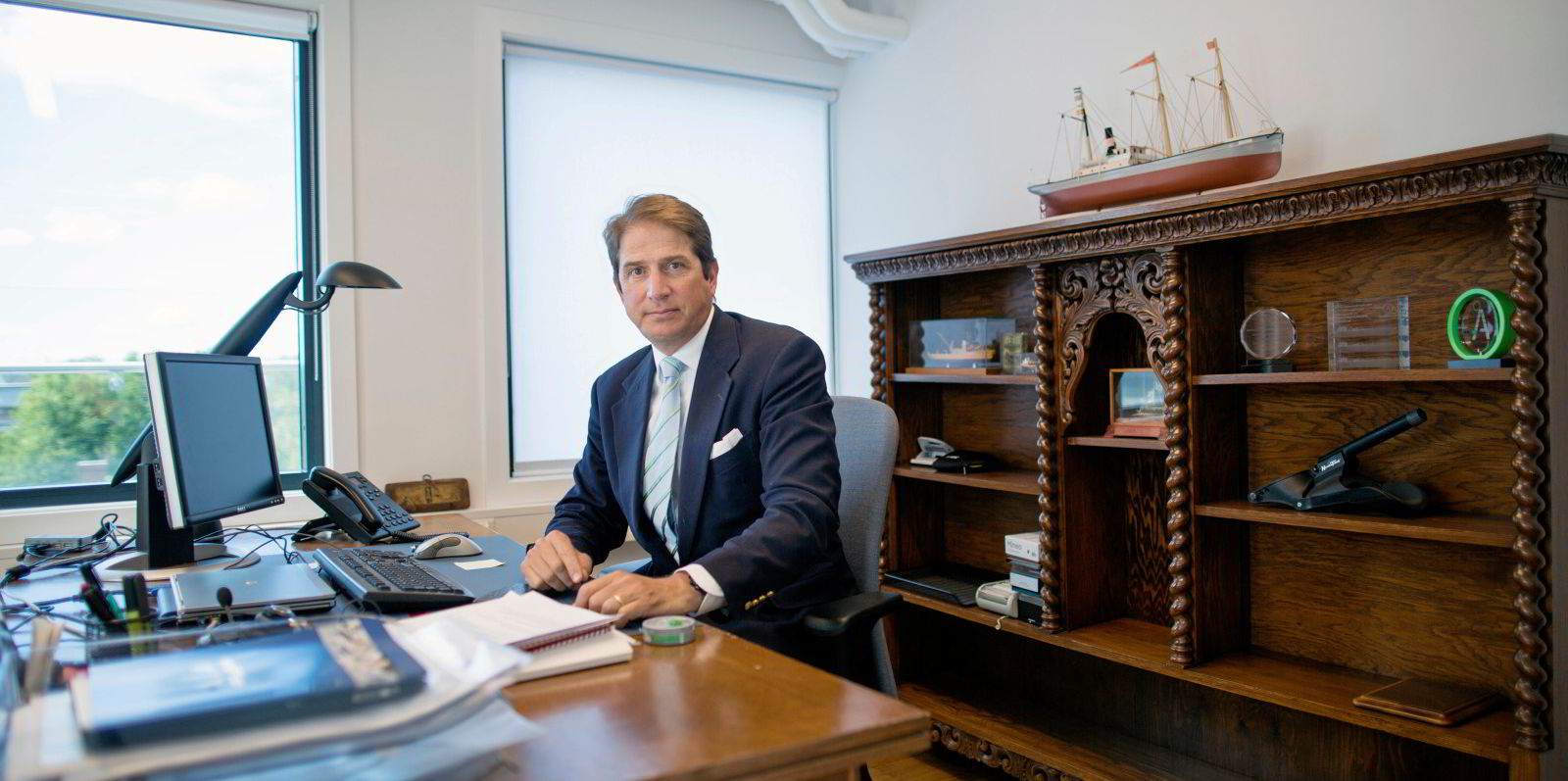Niels Stolt-Nielsen is turning down longer-term charter business to keep his chemical tankers ready to capitalise on rising spot rates.
The chief executive of Oslo-listed group Stolt-Nielsen said the vessels achieved an average rate of $18,786 per day in the first quarter ending 28 February.
He told a conference call with analysts: “Just before I arrived here, I spoke to the chief commercial officer for Stolt Tankers, and he said today it’s probably around $20,000 a day. So we have seen a nice lift in the market in the last couple of weeks.”
Stolt-Nielsen said product carrier “swing tonnage” is moving out of the chemical tanker segment.
“I think that is the prime driver right here,” he said. “The MRs, their market has been strengthening.”
The chief executive believes the world is now looking to other sourcing points for refined products due to the war in Ukraine, which is boosting conventional tanker rates.
“We’re seeing more and more of these ships leaving the chemical space,” Stolt-Nielsen said. “And, as a result, we are seeing more and more enquiries for spot business, which is strengthening our spot rates and that will eventually then move into our contracts of affreightment [COAs].”
The Stolt Tankers unit has 65% COA cover for the fleet.
The chief executive said this is a deliberate move to keep a relatively high level.
“We were at above 70%; we brought it down to 65% because we expected the market to eventually strengthen, he said. “Our business is contract — most of our customers want to do this through COAs.
One-year deals being signed
“But instead of them agreeing to do multi-year contracts, two [or] three-year contracts, we have only agreed to one-year contracts.”
This is because the company is enjoying a strong spot market improvement.
COA deals are renewed each quarter, so the aim is to push rates higher on the back of spot levels, Stolt-Nielsen said.
“But I think that this is sustainable,” he concluded. “The trade lanes [and] the tonne-miles are going to change. And I don’t think that’s temporary. So I’m quite optimistic that we might be in for a good couple of years.”





